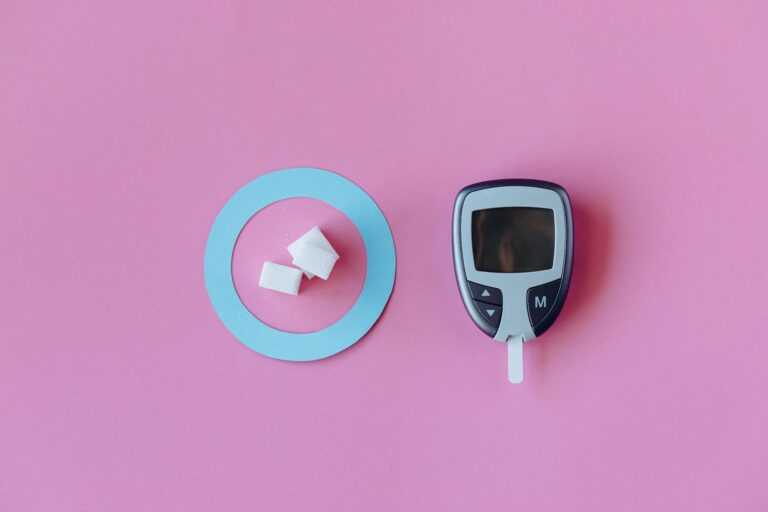### Why Dehydration Plays a Major Role in Cognitive Decline for Dementia Patients
Dehydration is a serious issue that affects many people, especially those with dementia. It can lead to confusion, memory problems, and difficulty concentrating. For dementia patients, dehydration can exacerbate cognitive decline, making it harder for them to manage their daily lives.
### How Dehydration Affects the Brain
Dehydration occurs when the body loses more fluids than it takes in. This can happen due to various reasons, such as not drinking enough water, taking certain medications, or having a dry mouth. When the brain doesn’t get enough water, it can’t function properly. This leads to symptoms like confusion, memory loss, and difficulty concentrating.
### Why Dementia Patients Are Prone to Dehydration
Dementia patients are more susceptible to dehydration for several reasons:
1. **Reduced Thirst Sensation**: The hypothalamus, which regulates thirst, may not work correctly in people with dementia. This means they might not feel thirsty even when they need to drink water.
2. **Difficulty Drinking**: Some dementia patients may have trouble drinking due to physical limitations or cognitive impairments. For example, they might forget to drink or have trouble holding a glass.
3. **Medication Side Effects**: Certain medications can increase urination, leading to dehydration if not balanced with adequate fluid intake.
4. **Dry Mouth**: A dry mouth can make eating and drinking more challenging, further contributing to dehydration.
### The Impact on Cognitive Function
Dehydration can significantly impact cognitive function in dementia patients. Here are some ways it affects them:
1. **Confusion and Disorientation**: Dehydration can cause confusion and disorientation, making it harder for patients to understand their surroundings.
2. **Memory Problems**: Dehydration can lead to memory problems, making it difficult for patients to remember important tasks or events.
3. **Difficulty Concentrating**: Patients may find it hard to focus and pay attention, which can lead to increased frustration and anxiety.
4. **Increased Risk of Infections**: Dehydration increases the risk of urinary tract infections (UTIs), which are more common in older adults and can further complicate dementia symptoms.
### Practical Tips to Prevent Dehydration
Preventing dehydration is crucial for maintaining the health and well-being of dementia patients. Here are some practical tips:
1. **Encourage Regular Hydration**: Encourage patients to drink water regularly throughout the day. Aiming for 6-8 cups of water per day is a good starting point.
2. **Make Drinking More Enjoyable**: Add flavorings like lemon, mint, or cucumber to water to make it more appealing. Herbal teas or infused waters can also be great alternatives.
3. **Incorporate Hydrating Foods**: Include foods with high water content, such as watermelon, cucumbers, oranges, and strawberries, in their diet.
4. **Monitor Medication Effects**: Work with healthcare providers to develop a hydration plan if medications are causing increased urination or fluid loss.
5. **Use Visual Reminders**: Place water bottles in visible locations to remind patients to drink regularly.
### Conclusion
Dehydration is a significant factor in cognitive decline for dementia patients. By understanding the reasons behind dehydration and implementing practical prevention strategies, we can help mitigate its effects and improve the quality of life for those living with dementia. Encouraging regular hydration, making drinking more enjoyable, incorporating hydrating foods, monitoring medication effects, and using visual reminders are all effective ways to prevent dehydration and support overall health.





